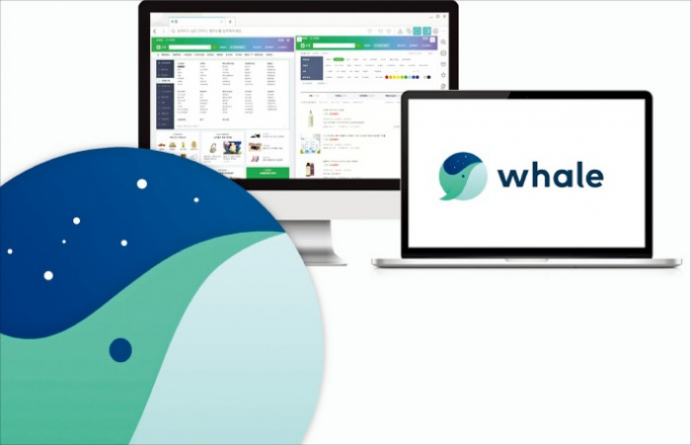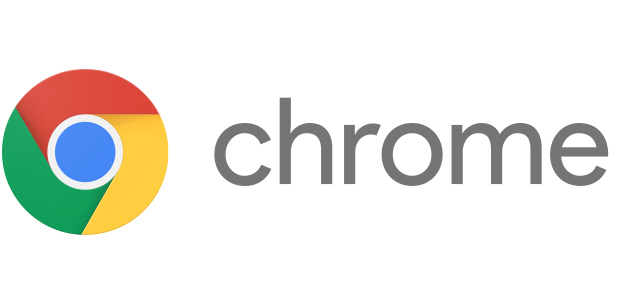Tech, Media & Telecom
Naver’s web browser Whale challenges global rivals
New functions and localization services give Whale an edge in South Korea
By Jul 05, 2022 (Gmt+09:00)
2
Min read
Most Read
LG Chem to sell water filter business to Glenwood PE for $692 million


Kyobo Life poised to buy Japan’s SBI Group-owned savings bank


KT&G eyes overseas M&A after rejecting activist fund's offer


StockX in merger talks with Naver’s online reseller Kream


Mirae Asset to be named Korea Post’s core real estate fund operator



South Korea’s homegrown web browser Whale, developed by Naver Corp., is quietly increasing its presence in the domestic market, where Google Chrome maintains its dominance.
In many other countries, Chrome, Microsoft Edge and Apple Inc.’s Safari control the web browser market.
In South Korea, however, Whale boasts a higher average share than Edge in the PC and mobile internet markets with about a 10% share, according to web analytics company StatCounter. The figure compares with Whale's market share of 8.3% as of end-2020.
Naver launched a PC version of its own web browser Whale in 2017 and its mobile version in 2018.
The Whale of the country’s top online portal was designed to reduce the time users spend browsing the internet. To do so, it introduced a multitasking function that splits the screen and allows users to browse two websites with a dual tab.
As an example, the dual tab enables users to write on one screen while searching for relevant information or playing music or a video on the other screen.
That feature differentiates Whale from other web browsers, in which users open multiple tabs and move between them on the internet.
Another notable function is its "Side Bar," which gives direct access to frequently used tools such as AI translators, weather forecasts and dictionaries.

LOCALIZATION SERVICES
Additionally, Naver launched an online community board where its 60,000 active users give feedback on the browser, including its functionality errors and suggestion for new functions.
Its "Hangul Viewer" was one of the functions suggested by Whale users to allow them to open Korean-language files on its browser, without downloading them.
As part of localization services, Whale makes use of its accumulated data to block domestic malicious and phishing websites from users more quickly than global browsers.
Shortly after Microsoft retired its Internet Explorer (IE) browser last month, Naver introduced an IE-compatible mode to serve state-run institutes, the websites of which are based only on the IE browser.
Looking abroad, Naver has launched Whale's test version for global users.
Naver’s Whale developer Kim Hyo said that some foreign users have already developed Whale's provisional versions on their own to serve Spanish and Russian speakers.
Write to Han-Gyeol Seon at always@hankyung.com
Yeonhee Kim edited this article.
More to Read
-
 Business & PoliticsTrump Jr. meets Korean business chiefs in back-to-back sessions
Business & PoliticsTrump Jr. meets Korean business chiefs in back-to-back sessionsApr 30, 2025 (Gmt+09:00)
-
 Korean chipmakersSamsung in talks to supply customized HBM4 to Nvidia, Broadcom, Google
Korean chipmakersSamsung in talks to supply customized HBM4 to Nvidia, Broadcom, GoogleApr 30, 2025 (Gmt+09:00)
-
 EnergyLS Cable breaks ground on $681 mn underwater cable plant in Chesapeake
EnergyLS Cable breaks ground on $681 mn underwater cable plant in ChesapeakeApr 29, 2025 (Gmt+09:00)
-
 Business & PoliticsUS tariffs add risk premium to dollar assets: Maurice Obstfeld
Business & PoliticsUS tariffs add risk premium to dollar assets: Maurice ObstfeldApr 29, 2025 (Gmt+09:00)
-

Comment 0
LOG IN


